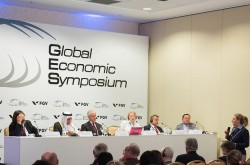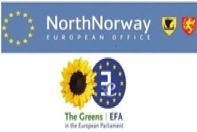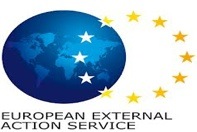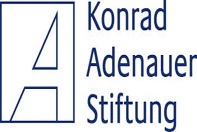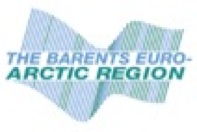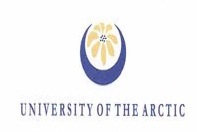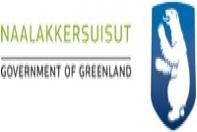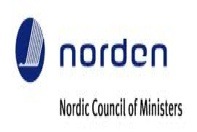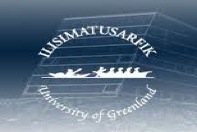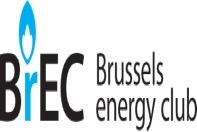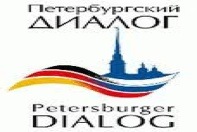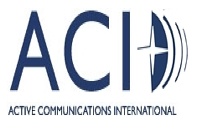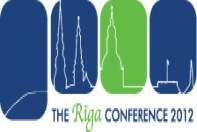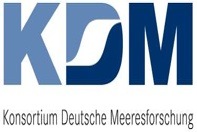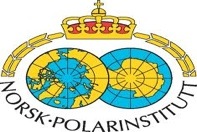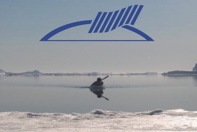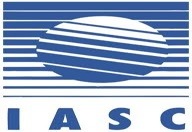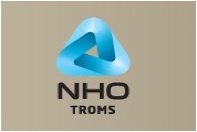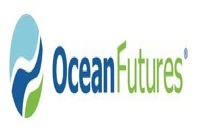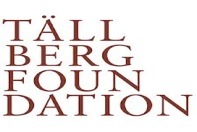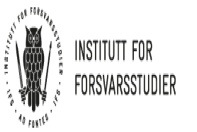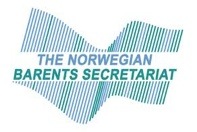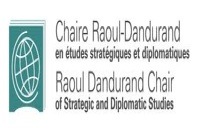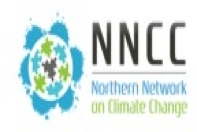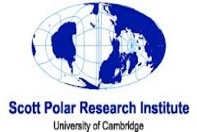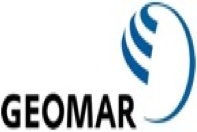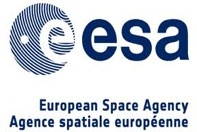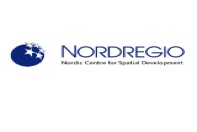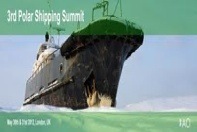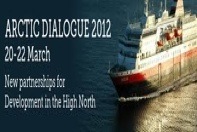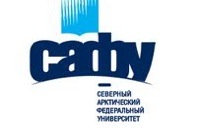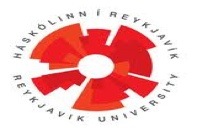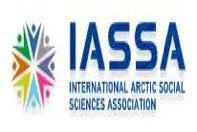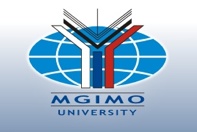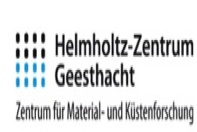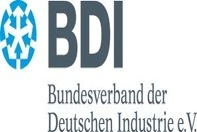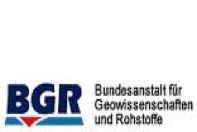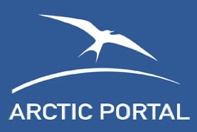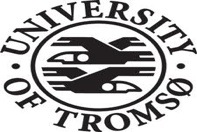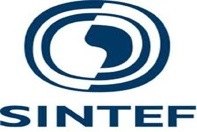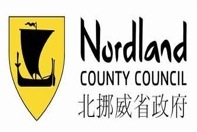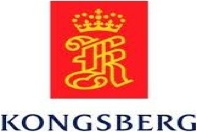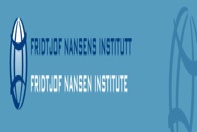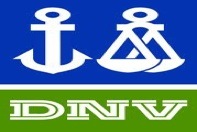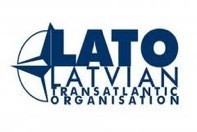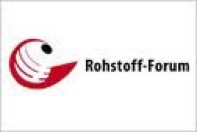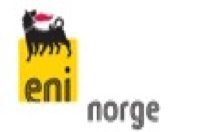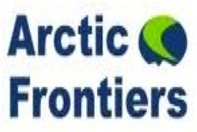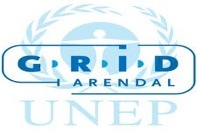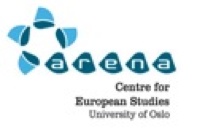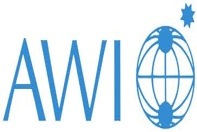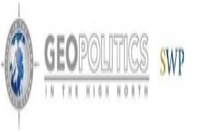The Arctic Forum Foundation at Global Economic Symposium, Rio – Exploring Energy Resources in the Arctic Ocean: finding a solution
The Global Economic Symposium held in Rio on October 16 and 17, 2012, gathered policy-makers, academics, business leaders and civil society to seek solutions to the world’s problems that have become global. A panel on the Arctic addressed the issue of exploring energy resources. Among experts invited, the Arctic Forum Foundation emphasized the need for a holistic approach in dealing with the global issue of energy resources. “Evaluate Arctic drilling” was one of the most popular solution proposals of the Global Economic Symposium.
The Global Economic Symposium is dedicated to discussing and formulating innovative solutions for the biggest political, environmental and socioeconomic problems experienced by the world today. It brings together major players in the international community: policy-makers, academics, business leaders and civil society. The 2012 edition, held in collaboration with the Getulio Vargas Foundation Brazil (FGV), gave special attention to “Growth through Education and Innovation”.
Among many prominent speakers were Dennis J. Snower, President of the Kiel Institute for the World Economy, Aart de Geus, Chairman and CEO of Bertelsmann Stiftung, Robert Philipps, President and CEO of EMEA, Jeanette Weisschuh, Director Global Education Strategy, HP Office of Sustainability & Social Innovation, Matthieu Ricard, Co-Founder and President of the Humanitarian Organization Karuna-Shechen, France Seymour, Director General for International Forestry Research, Laszlo Andor, EU Commissioner for Employment, Social Affairs and Inclusion, David Arkless, Global President of Corporate and Government Affairs, ManpowerGroup, Charles Goodhart, Emeritus Professor of Banking, The London School of Economics and Political Science, Felipe Larrain Bascuñan, Minister of Finance, Chile, Dean S. Karlan, Professor of Economics, Yale University.
Arctic panel at the GES
Recognizing the challenges of the economic development in the Arctic region, the GES organized a panel on the Arctic discussing the specific issue of energy exploration in the Arctic ocean. Questions addressed to speakers were: How will energy from the Arctic Ocean affect global markets for oil or natural gas? What role can energy from the Arctic play in the energy security of the littoral states and their potential buyers? Is it realistic to produce hydrocarbons without unforeseeable risk to Arctic ecosystems, which are already under great stress from climate change and receding sea ice? What rules are needed to prevent environmental catastrophes and how can they be enforced?
The Arctic panel, labeled as a Global Environment panel in the Symposium, moderated by Christoph Seidler, Science Editor, Spiegel Online, gathered Dr. Cécile Pelaudeix, Expert and Head of Research Cooperation at the Arctic Forum Foundation, Arild Moe, Deputy Director and Senior Research Fellow, Fridtjof Nansen Institute, Ruth Davis, Chief Policy Advisor, Greenpeace International, and Paul Berkman, Research Professor at the Bren School of Environmental Science & Management, University of California. As a contributor to this solution symposium, each panelist was to present a solution for the issue at stake. Rather than imposing particular technical solutions and standards for drilling operations, Arild Moe proposed that Arctic countries stipulate performance-based regulation and standards for drilling activities and ensure that operating companies bear the full costs of any incident. Ruth Davis pointed the need to redo the “math” of offshore oil extraction in the Arctic (taking account of all costs, risks and benefits) through a comprehensive dialogue between all stakeholders. She insisted that under the perspective of producing firms becoming liable for all costs after a spill, drilling in the Arctic might not be economic in many cases. Paul Berkman highlighted the importance of “science diplomacy,” in order to “facilitate international, interdisciplinary and inclusive interactions independent of political, economic and cultural ideologies.”
The Arctic Forum Foundation’s global approach to energy resources exploitation in the Arctic
The the Arctic Forum Foundation’s proposal reminded that energy resources exploitation in the fragile environment of the Arctic needed to be considered through a global perspective, as well as in a diversified way.
The Arctic consists of various sub-regions, which are very different from each other, and where sea ice conditions vary notably, therefore any regulation should consider this variability. The region is to be understood in a global perspective because challenges of dealing with climate change are global, and this is particularly relevant when it comes to energy resources and CO2 footprint, and also because due to possible shorter travel time between Asia and Europe using the Northern Sea Route compared with the route via the Suez Canal, CO2 emissions would be reduced substantially.
The Arctic Forum Foundation explained why, given the current context of energy demand, conditions of supply and environmental risks, natural gas, as part of an energy mix, would be the only option to provide stable supply of energy whereas mitigating global warming. The Arctic Forum Foundation argued that Arctic oil resources are estimated less important in size and might prove to be costly and more risky to develop safely.
The Arctic Forum Foundation’s proposal: Building Bridges for a sustainable Future in the Arctic
Investing in science and technology is paramount to know how to operate in the most secure way in the Arctic. Yet science in itself is not enough: what is the procedure that transforms knowledge into action? Between science and decision-making there are a considerable number of steps. Therefore, Arctic Forum Foundation’s solution proposed to develop a more holistic and realistic understanding between actors from the different arenas of politics, business, science and civil society. At stake are different mindsets and visions of the Arctic, as a homeland, an energy frontier, a space of wilderness or a scientific laboratory. Moreover, actors do not refer to the same scales of time therefore a balance need to be reached between short or middle term interests and long term consequences of offshore energy exploitation.
Operating as an inter-connector is a realistic step-by-step project, organising meetings, conferences, connecting and creating the conditions for outcome i.e. in terms of standards, agreements and regulation. The key assets of such a connecting interface of connection consist in the knowledge of both networks of all actors and understanding of complex procedures.
Read the full Arctic Forum Foundation’s solution here.
The next edition of the global Economic Symposium will be held in Kiel, 1st to 2nd October 2013.
Written by Dr. Cécile Pelaudeix
Research associate, PACTE-Institute of Political Studies, Grenoble
Advisor and Senior Research Fellow, Arctic Forum Foundation.
